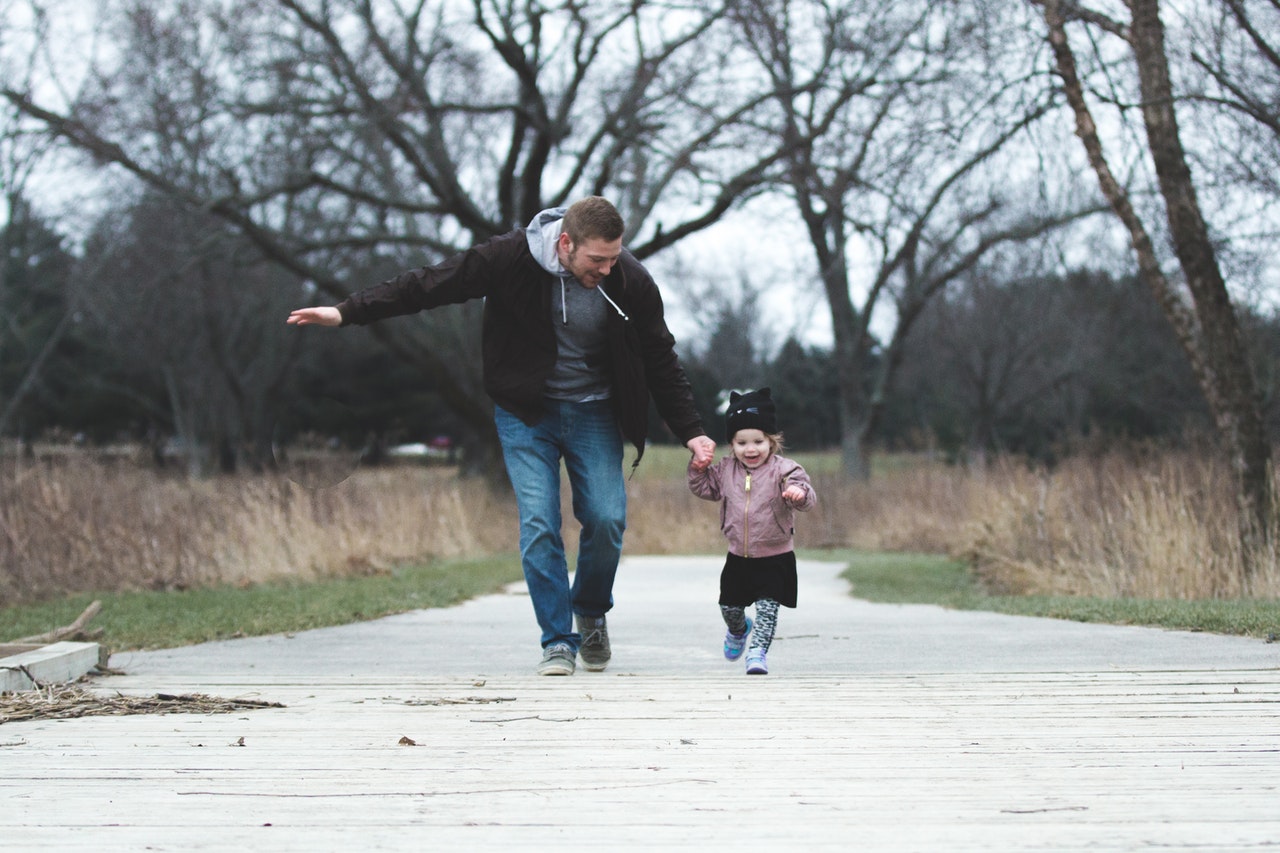The welfare of your child is paramount, so decisions around custody of your child are taken extremely seriously by the family court. The subject of child custody can be a sensitive one to navigate for you, your child, and the other parent, so it’s important to understand how it all works before you start the process of seeking a full parental responsibility arrangement.
Let’s take a look at how child custody works in Australian family law and how you can obtain full custody of your child.
How does child custody work in Australia?
When two people who share a child together become separated, they will need to make arrangements for the care and protection of their child.
Generally, Australian law considers that each parent has what is referred to as ‘equal shared parental responsibility’ for their child. There is no presumption, however, that each parent is entitled to spend an equal amount of time with their child.
Generally, as parents, you and your former partner are able to make your own arrangements if you agree. You can jointly decide how much time you each get to spend with your child as part of a parenting plan or consent order. Sometimes, there might be disagreement on how much time your child spends with each of you. In this case, you may want to consider a mediation process to help you come to an agreement on what the arrangement will look like.
If you cannot reach a mutual agreement, then you will need to go to court to obtain a court order. This is where it can be particularly helpful to seek advice and support from a child custody lawyer who can guide you through the process and prepare you for what to expect.
What is full child custody?
Full child custody, also commonly referred to as ‘sole custody’, is now referred to in Australian family law as ‘sole parental responsibility’.
A parent with sole parental responsibility for their child essentially means that they are the one responsible for the child’s care and making decisions regarding major long-term decisions and other things such as religion, education, health, and the children’s name.
So if you have sole parental responsibility for your child, they will live with you and spend time with the other parent. You will be the one making decisions about their long-term wellbeing, and they may ‘spend time’ with their other parent in accordance with whatever arrangements have been made (or in accordance with a court order that has been issued).
There are various reasons you may be wanting to seek full custody or sole parental responsibility for your child. You may be concerned they are exposed to harm by spending time with their other parent, or that the other parent is not capable of taking care of them. It may be impossible to communicate amicably with the other parent Whatever the reason you are seeking full custody (or sole parental responsibility), it is helpful to consult a Melbourne family lawyer to help you navigate the process.
How does a court make a decision about child custody?
It is relatively rare for a family court to grant sole parental responsibility or custody to one parent, as it is a child’s right to have a meaningful relationship with both of their parents. However, should the court perceive that there is a risk of serious harm, then your child’s safety will be prioritised over their right to have a meaningful relationship with one of their parents.
When a family court is making any decision about your child – whether you be granted sole parental responsibility – your child’s best interests will always come first.
This means that the court will take into account a range of different factors to determine what arrangement would be best for the health and wellbeing of your child.
These factors may include, but are not limited to:
- the relationship your child has with each parent;
- the involvement each parent has with your child;
- parents’ behaviour towards each other;
- practical issues;
- your child’s level of maturity;
- family violence issues;
- cultural considerations;
- your child’s wishes.
In order to improve your chances of being granted sole parental responsibility for your child, you’ll need to prove to the court that it would be in their best interest. You will be required to provide evidence to prove this to the court, and they will use this to make their decision. This evidence is usually from an expert like a doctor (GP) or a psychologist.
To give yourself the best possible chance of gaining full custody or sole parental responsibility for your child, speak to Testart Family Lawyers today.

